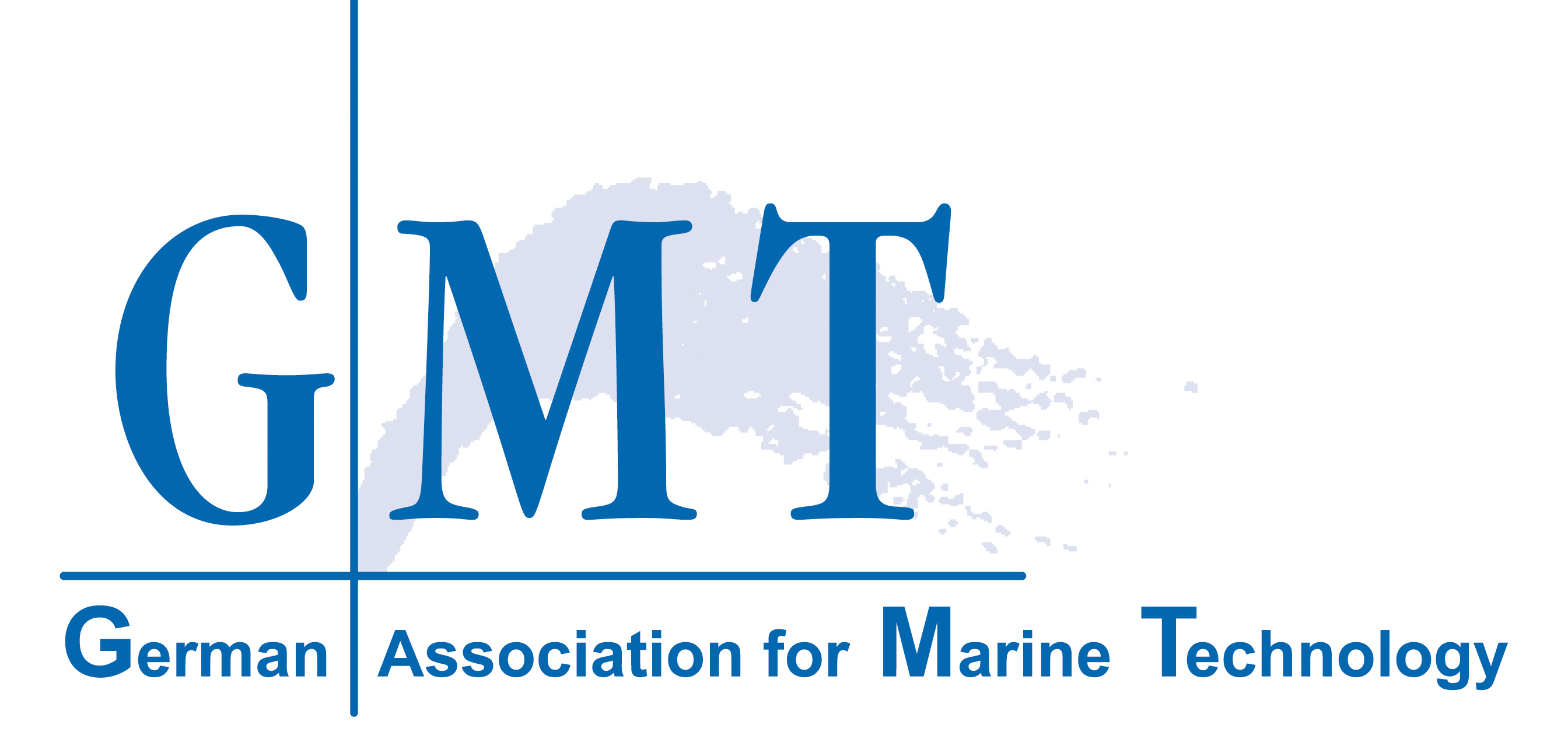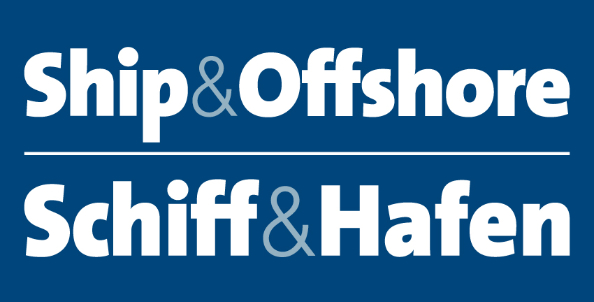Welcome to

Information Platform of Maritime Safety and Security Applications
MARISSA Day 9MARITIME SECURITYPast eventMARISSA Day 10Maritime security from abovePast eventMARISSA Day 11Maritime Digitalisation under ThreatPast eventMARISSA Day 12A quantum leap towards maritime securityPast eventMARISSA Day 13Maritime Environment under ThreatPast eventMARISSA Day 14
Registration open
Registration openMARISSA Day 15Emergency ManagementComing soonMARISSA Day 16A Strategic OutlookComing soon
Resilient Critical Maritime Infrastructure
4th International Symposium MARISSA 2024
Opinions given by
© BALance Technology Consulting GmbH







